Environmental Law and Policy Hack Competition

2023-24 Environmental Law & Policy Hack Competition Updates
The final round of the 2024 Environmental Law & Policy Hack Competition will be a virtual event via Zoom on Friday, April 19th, from 10am-12:15pm.
Watch the announcement of the 2023-24 Environmental Law & Policy Hack Competition Problem
Important Dates:
Registration Deadline: Monday, January 8, 2024
Brief Submission Deadline: Friday, March 15, 2024
Top 3 Team Announcement: Monday, April 1, 2024
Final Round: Friday, April 19, 2024
Click here to view 2023- 24 Environmental Law & Policy Hack Competition Problem
Watch the announcement of the 2023-24 Environmental Law & Policy Hack Competition Problem
General Information
- Identifying the Challenge: Pulling from the expertise from our environmental faculty and in consultation with colleagues in the environmental field (an advisory council), Pace | Haub Environmental Law will identify an emerging environmental challenge that could benefit from innovative law and policy approaches; craft a challenge prompt, or problem, describing the issue and providing a framework for the development of law and policy solutions; and invite participants to study the issue, brainstorm solutions, and propose innovative and practical solutions.
- Selection and Implementation: A panel of Pace | Haub faculty and possibly invited professionals with expertise relating to the challenge subject will select three team submissions as finalists. A representative from each of the finalist teams will present the team solution to a panel of distinguished judges, who will select the wining team solution. All participating teams will be invited to view the finalist presentations remotely. The winning team will receive a trophy and a cash prize, with the money to be put toward implementation of the team’s policy concept.
Team Registration & Payment
2023-24 Registration
*Registration will close Monday, January 8, 2024
General Information: Registration is open through January 8, 2024. The nonrefundable registration fee is $50.00 payable online by credit card through eventbrite. Teams must include at least two current law students, may be interdisciplinary, and the participation of at least one community or government stakeholder is strongly encouraged. Each team must also have a law school faculty advisor as their Team Coach.
CLICK HERE TO REGISTER: 2023-24 Environmental Law and Policy Hack Competition
Post Registration & Payment- Please e-mail, aolson@law.pace.edu a list of the following:
- School Name & Address
- Participating Law Students Names & Email Addresses
- Team Coach
- Any other participants
The final round will take place on Friday, April 19, 2024 via Zoom.
2023-24 Official Hack Problem
2023-24 Official Hack Rules
Team Submittals
- Submitting Solutions: Submissions should evidence careful analytical study of the challenge, describe relevant legal background and considerations, propose a practicable law and policy solution, and include a path to implementation. All submissions will be posted to a competition web page with the goal of contributing to public thought on the selected issue. The length and format of submissions are set out in the Official Rules.
Please be sure to see 2023-24 Official Hack Rules to review FULL list of rules for competing teams.
- Length and form of briefs- Each team is required to submit an electronic copy of the Team Brief as specified in Rule IV (C).
- Format- All text and footnotes shall be in 12-point Times New Roman type. Total length of the brief, excluding the Table of Contents, Table of Authorities and Appendices, may not exceed thirty-five (35) pages. All citations shall be complete and in the form prescribed in the latest edition of the Harvard Law Association’s Uniform System of Citation (“Bluebook”). Appendices may be used to recite the text of statutes, constitutional provisions, regulations and materials that are not generally available. Teams are also invited to include as Appendices maps, illustrations, or other tools useful to explain the proposal provided that they can be submitted in a manageable electronic format. Any tools developed outside of the Team Brief (e.g., phone app, spreadsheet, or other tool) must be described in the Team Brief.
- Certification- Each Team submitting a brief in the Competition shall certify that such brief has been prepared in accordance with these Rules. The certification shall be included in the Team Brief as the last page.
Oral Presentations
The Environmental Law and Policy Hack Competition will be a virtual event. Please be sure to view ALL presentation details for competing teams in the 2023-24 Official Hack Rules.
Final round. Three (3) Teams shall progress to the final round. The winning Team will be selected by the judges based on the Team Brief and presentation.
1. Time and place. The final round will take place on Friday, April 19, 2024 via Zoom.
2. Time allowed for presentations. Oral presentations shall be limited to a total of twenty (20) minutes per Team. Following the presentation, Judges shall be allotted fifteen (15) minutes to question the Team.
3. Participants. One (1) representative of a Team must participate in the presentation. Additional team members that attend may also participate in the presentation and the Team may divide the presentation in any way it chooses. A Team member not presenting may answer questions from the judges.
Q & A
Q: Is the competition open to law students in other countries? What about master’s (non-law) students who are working on environmental policy issues?
A: The competition is open to law students in other countries, it is entirely written/virtual, and while a team must have at least two law student members (LLMs count) and a law faculty advisor, there are no other limits on team membership. Nonlaw, masters students, etc. are welcome.
Q: How many teams from a school? Is it just one per school?
A: There's no limit on the number of teams from a school.
Q: Can a coach advise multiple teams?
A: You are welcome to advise multiple teams.
2022 Environmental Law and Policy Hack Competition
Congratulations to the winners of the 2022 Environmental Law & Policy Hack Competition, Vanessa Forbes-Pateman, Alyssa Huffman, Clara Tomé, Gabriella Berman, and Katie Geddes, from the University of Miami School of Law, coached by Jessie Owley!
Click here to watch the Final Round of the 2022 Environmental Law & Policy Hack Competition
Meet the Top 4 Finalist Teams & Read their Qualifying Briefs:
University of Vanderbilt School of Law

University of Maryland Francis King Carey School of Law
Appendix A

University of Miami School of Law
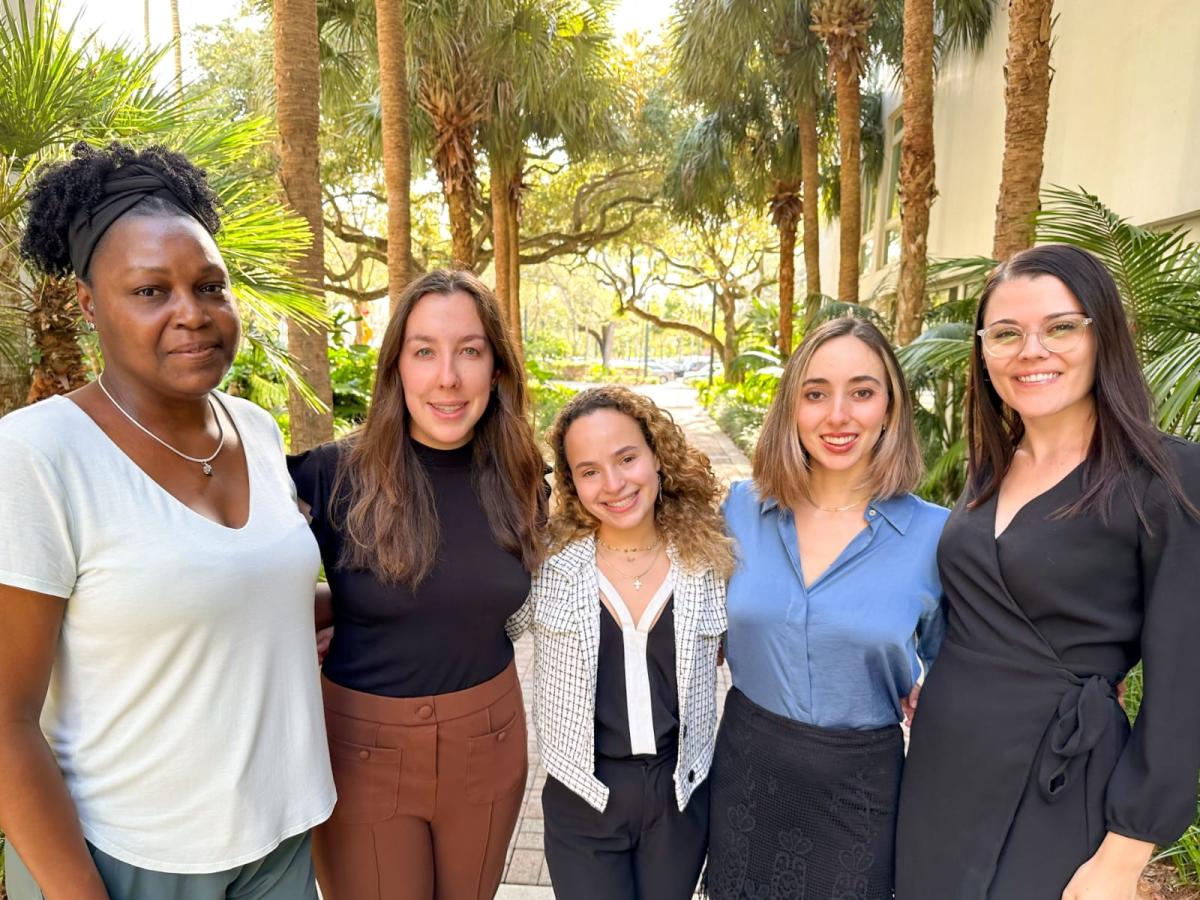
Yale School of the Environment, Yale School of Management

Meet the Judges:
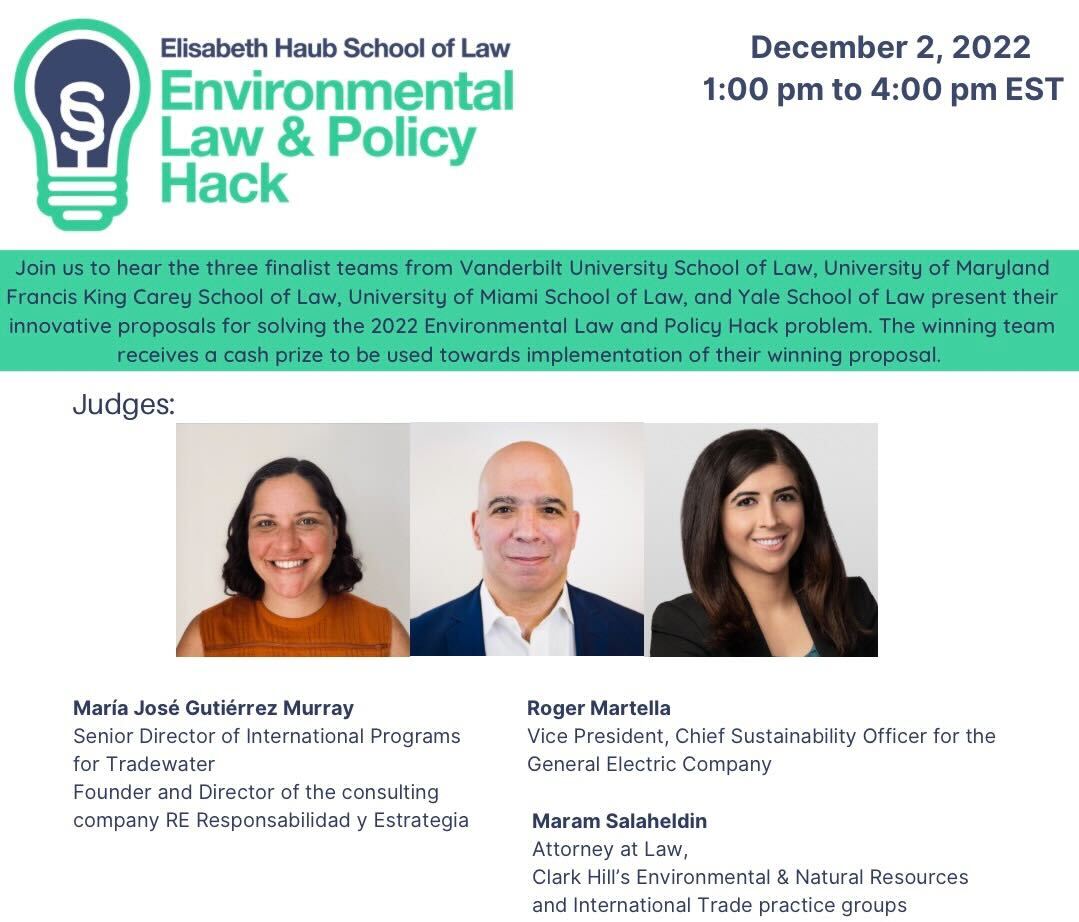
2021 Environmental Law and Policy Hack Competition
Congratulations to the winners of the 2021 Environmental Law & Policy Hack Competition, Samantha Cristol, Jordan Maun, and Nteboheng Mokuena, from the University of Miami School of Law, coached by Jessie Owley!
Click here to watch the Final Round of the 2021 Environmental Law and Policy Hack Competition.
Meet the Top 3 Finalist Teams & Read their Qualifying Briefs:
University of Baltimore School of Law

University of Maryland Francis King Carey School of Law
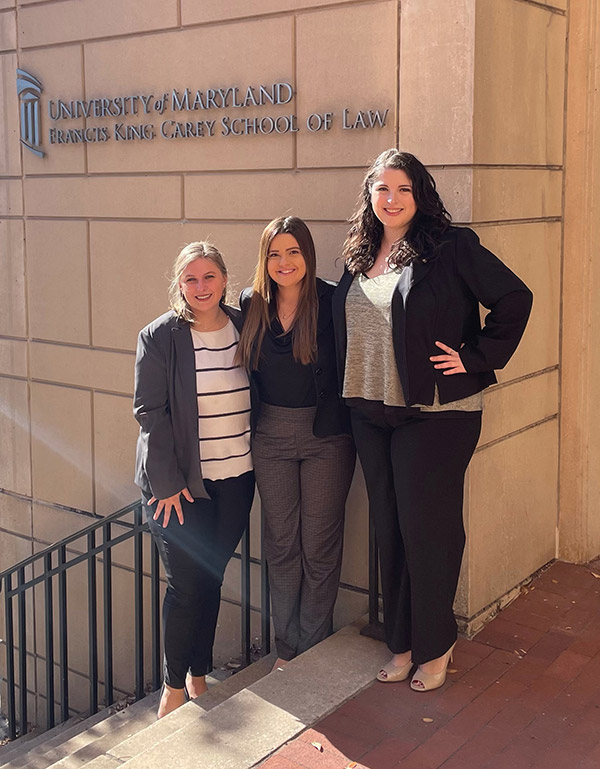
University of Miami School of Law
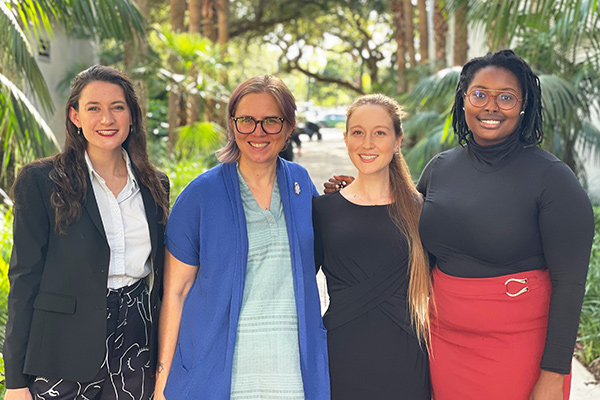
Meet The Judges:
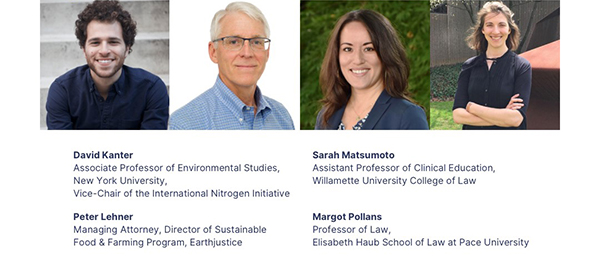
2020 Environmental Law and Policy Hack Competition
Congratulations to first place winners Bradley Adams and Kathryn Leidahl representing Drake Law School.
Final Round Presentations:
Judges:
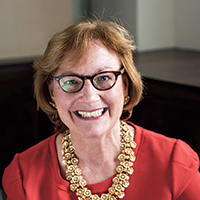 Professor Julie Cheslik
Professor Julie Cheslik
Julie M. Cheslik received a bachelor of arts with highest distinction from the University of Iowa in 1982 and a J.D. with high distinction from the University of Iowa College of Law in 1985, where she was an associate editor of the Law Review. She was admitted to the Missouri Bar in 1985 and was law clerk to estados unidos District Judge Joseph E. Stevens Jr. from 1985 to 1987. From 1987 until joining the Law School faculty in the fall of 1989, she was in practice with the firm of Stinson, Mag and Fizzell, specializing in commercial litigation and general corporate practice. In 1987 and 1988, she served the school as a volunteer writing instructor. Professor Cheslik teaches the courses Property I and Property II, Land Use and Estates and Trusts. Cheslik also served as the Editor of The Urban Lawyer until 2017.
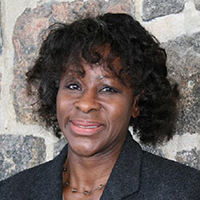 Professor Shelby Green
Professor Shelby Green
Professor Shelby Green teaches Real Estate Transactions and Finance, Historic Preservation Seminar, and Property at the Elisabeth Haub School of Law at Pace University. After graduating from law school at Georgetown University Law Center, Professor Green worked as an associate at Nixon, Hargrave, Devans & Doyle (now Nixon Peabody), in Rochester, N.Y. and Washington, D.C., where she focused on corporate, litigation, communications, labor law, and tax (kicking and screaming) matters. For many years, she served as a member of the Board of Directors of Legal Services of the Hudson Valley, White Plains, N.Y. She is currently a member of the Board of the John Jay Heritage Center, Rye, N.Y. Professor Green also serves the community through her pro bono work for which she received a service award from the New York State Bar Association. For three years, she served as the director of the Pace LL.M. Program in Real Estate Law. Currently, she is the editor of the “Keeping Current—Property” column in Probate & Property, a magazine published by the Real Property, Trust and Estate Law Section of the American Bar Association. She has authored articles in the areas of property law and corporations.
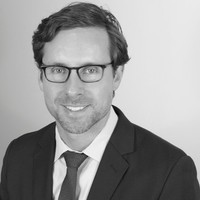 Christopher Rizzo, Esq.
Christopher Rizzo, Esq.
Christopher received his B.A. in 1997 from Manhattan College (summa cum laude, Phi Beta Kappa) and completed his J.D. in 2001 from Pace University School of Law School (cum laude; Articles Editor, Pace Environmental Law Review; Certificate of Environmental Law) Chris Rizzo’s practice includes a wide variety of litigation, environmental and land-use matters. They include litigation and transactional matters arising out of environmental impact reviews for state and city-sponsored projects, compliance with local zoning and preservation laws, open space preservation, open space easements, development agreements and licenses, management of hazardous materials and energy generation. His practice also includes general litigation, often related to land-use disputes, construction and contracts. He works closely with the firm’s real estate department and corporate department on due diligence related to land transactions and corporate mergers and acquisitions. In a pro-bono capacity, he is involved in several community-based organizations focused on revitalization of New York City’s parks and public spaces.
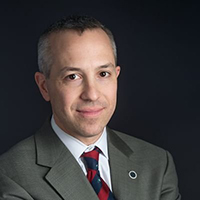 Daniel Zarrilli
Daniel Zarrilli
Daniel is a licensed Professional Engineer in New York and holds an MS in Civil and Environmental Engineering from MIT and a BS in Civil Engineering from Lehigh University. He resides in Staten Island with his wife and three children.As New York City’s Chief Climate Policy Advisor and OneNYC Director, Daniel Zarrilli is preparing America’s largest city for the future and delivering on New York City’s Green New Deal. Under Daniel’s leadership, New York City recently released its newest long-term strategic plan, OneNYC 2050, which includes bold new actions to confront our climate crisis, achieve equity, and strengthen our democracy, demonstrating what a Green New Deal looks like in action. Since 2013, he has positioned New York City as the global leader in the fight against climate change. Notable successes include launching a comprehensive $20 billion climate adaptation program, aligning the city’s GHG reductions with the 1.5C target of the Paris Agreement, committing to divest the City’s pension funds from fossil fuel reserve owners and invest billions into climate solutions, suing fossil fuel companies for the damage caused by climate change, reaching a first-of-its-kind agreement with FEMA to provide new climate-smart flood maps, and delivering on Mayor de Blasio’s groundbreaking 2015 OneNYC resilience strategy, which for the first time incorporated equity into New York City’s sustainability efforts. Until recently, Daniel served on NOAA’s advisory committee for the Sustained National Climate Assessment. He also concluded a 3-year term on FEMA’s National Advisory Council and advised the State of Louisiana on its 2017 Coastal Master Plan update. Previously, he was Senior Vice President for Asset Management at the New York City Economic Development Corporation and spent five years with Bechtel Infrastructure Corporation.
Top 3 Finalist Team Photos & Qualifying Briefs:
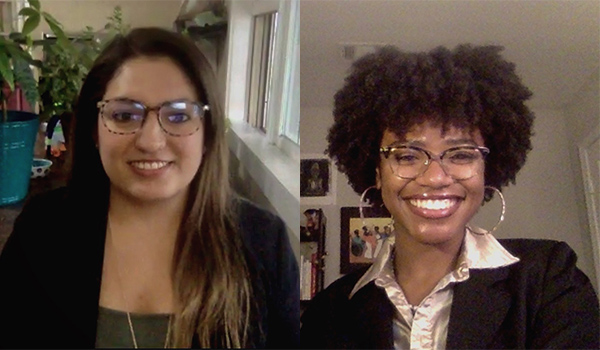
Drake University School of Law
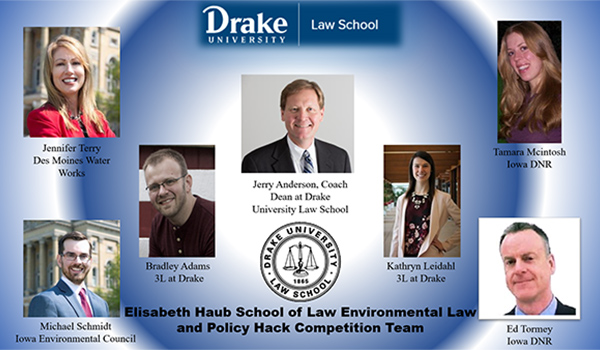
University of Colorado Law School
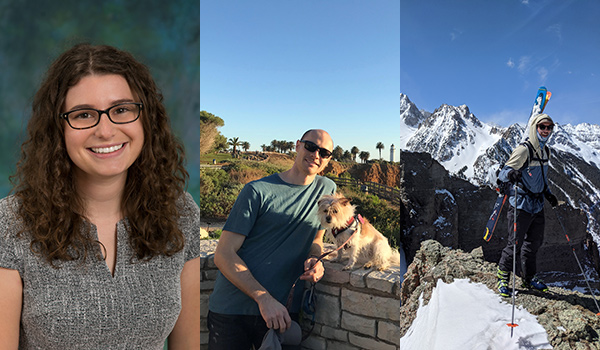
Donations
CLICK HERE TO MAKE AN ONLINE DONATION
*NOTE: CHECK THE BOX TO DESIGNATE YOUR GIFT TO "THE ENVIRONMENTAL LAW PROGRAM"
We thank you for your support!
